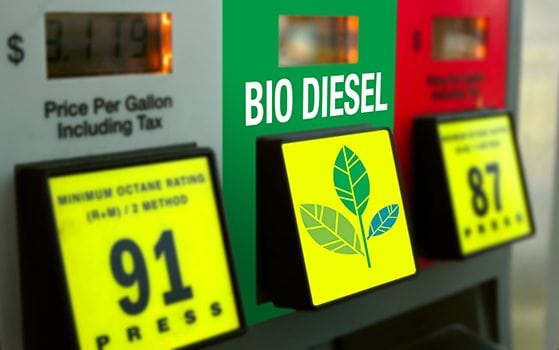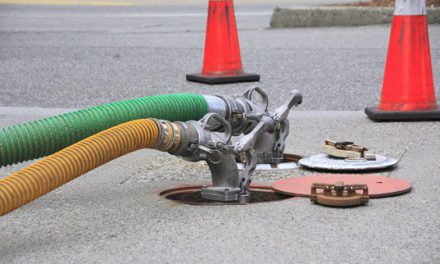Source: Diesel Technology Forum
The biggest clean air contributions in California come from a technology that might surprise you: diesel engines.
According to data gathered from the California Low Carbon Fuel Standard (LCFS) program, biodiesel and renewable diesel fuel delivered the state’s biggest reduction in transportation-related sources of greenhouse gas (GHG) emissions. In 2018, California’s use of these fuels in diesel engines eliminated 4.3 million tons of carbon dioxide (CO2). Since the LCFS program began in 2011, biodiesel and renewable diesel fuel have eliminated more than 18 million tons of CO2. These air quality improvements exceeded those delivered by ethanol AND electric cars and trucks.
More cities and counties in California are switching to renewable diesel and biodiesel fuels for their diesel-engined vehicles. Hear from the City of Oakland’s equipment and services manager on why they made the switch and the air quality benefits they’ve gained: https://youtu.be/NauF8mbCUr0
California’s policymakers could do more to deliver on clean-air promises across the state. Check out this plan, drafted by the Clean Air Dialogue, on what needs to change.
Over the last decade, almost everything about diesel technology has changed. Today’s diesel engines are near zero in emissions: they nearly eliminate particulate matter (PM) emissions – more than a 95 percent reduction from older generations of the technology; cut nitrogen oxide (NOx) emissions by up to 90 percent; lower hydrocarbon and carbon monoxide emissions by 50 to 90 percent; and reduce soot emissions by 10 percent.
The most important applications for diesel engines are also the biggest – clean diesel technology is an important technology to reduce emissions from trucks, large construction and agricultural equipment, locomotives and marine vessels. In many of these cases, diesel is the only available technology.
Recent research by the Environmental Defense Fund confirms that replacing older engines that power locomotives and marine vessels are among the most cost-effective projects to reduce NOx emissions, delivering cleaner air to some of the most vulnerable communities. These diesel upgrades generate many more emission-reduction benefits than other projects, including school and transit bus replacements.








